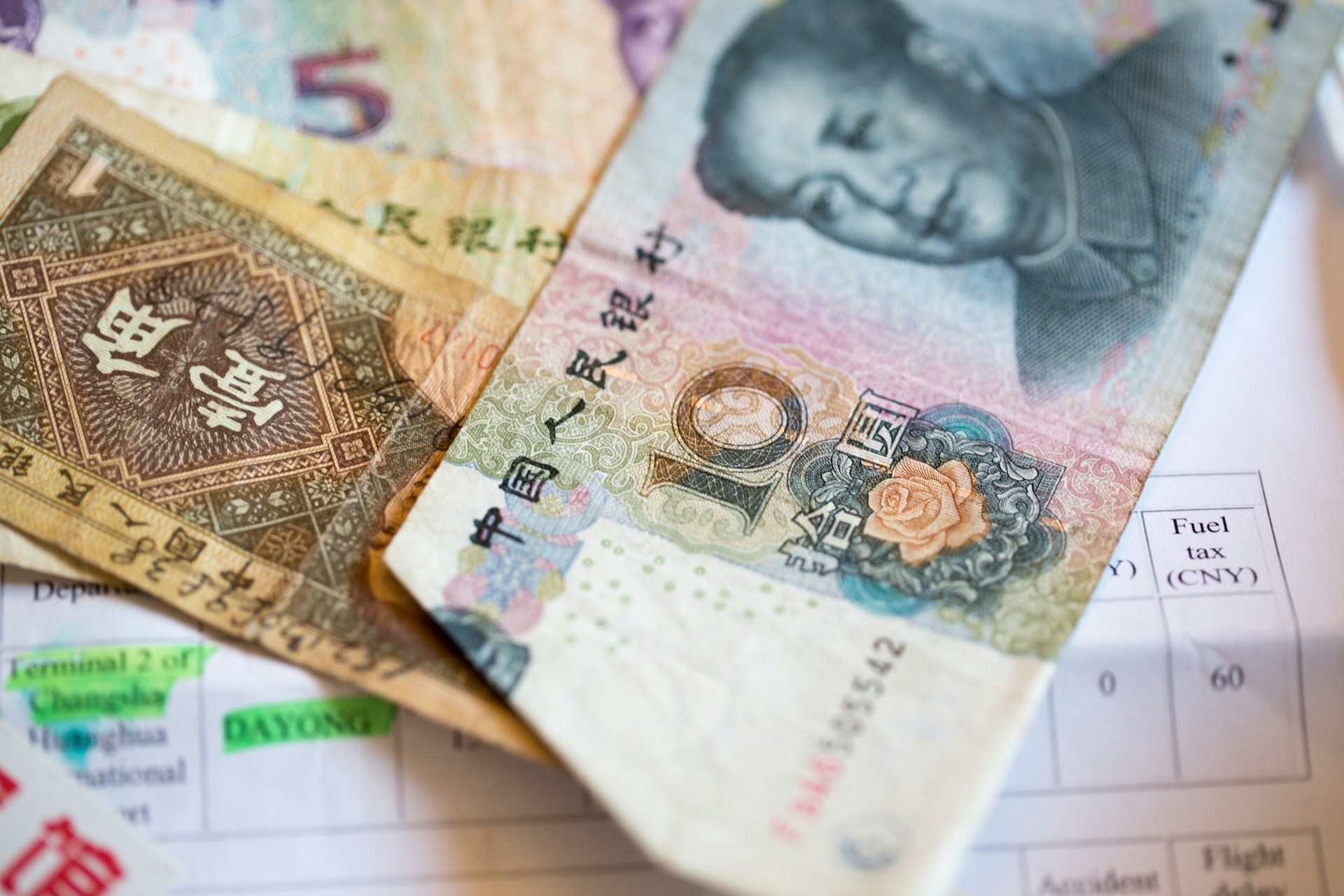In recent months, there has been a significant outflow of capital from China, raising concerns about the stability of the yuan and the broader economic implications. According to a recent article from The Globe and Mail, this trend is putting considerable pressure on the Chinese currency and could have far-reaching effects on global markets. Let’s explore the reasons behind this capital flight, its impact on the yuan, and the potential implications for global investors.
Understanding the Capital Flight
The outflow of capital from China is driven by several key factors:
- Economic Uncertainty: China’s economy is grappling with slowing growth, exacerbated by the lingering effects of the COVID-19 pandemic. Uncertainty about the country’s economic future has led investors to seek safer havens for their capital.
- Regulatory Crackdowns: The Chinese government’s regulatory crackdowns on various sectors, including technology and real estate, have created an environment of uncertainty and risk for investors. This has prompted many to move their funds to more stable and predictable markets.
- Interest Rate Differentials: The interest rate differentials between China and other major economies, such as the United States, have made foreign investments more attractive. Higher interest rates in the U.S. and other developed markets offer better returns, leading to capital outflows from China.
- Currency Depreciation: The depreciation of the yuan against major currencies has also played a role in accelerating capital flight. Investors are moving their money out of China to avoid potential losses from a weaker yuan.
Impact on the Yuan
The exodus of capital from China has put significant downward pressure on the yuan. As investors convert their yuan holdings into other currencies, the demand for the yuan decreases, leading to its depreciation. This trend has several implications:
- Increased Volatility: The yuan’s depreciation could lead to increased volatility in the foreign exchange markets. This volatility can impact global trade and investment flows, creating uncertainty for businesses and investors alike.
- Inflationary Pressures: A weaker yuan can lead to higher import costs, contributing to inflationary pressures within China. This can erode consumer purchasing power and further dampen economic growth.
- Policy Responses: To stabilize the yuan, the Chinese government may implement various policy measures, such as tightening capital controls or intervening in the foreign exchange market. These actions can have ripple effects across global financial markets.
Implications for Global Investors
The capital flight from China and the resulting pressure on the yuan have several important implications for global investors:
- Diversification Strategies: Investors should consider diversifying their portfolios to mitigate risks associated with currency fluctuations and economic uncertainties in China. This can involve increasing exposure to assets in more stable markets or currencies.
- Opportunities in Safe Havens: The outflow of capital from China may create opportunities in traditional safe-haven assets, such as U.S. Treasuries, gold, and other stable investments. These assets can provide a hedge against potential market volatility and economic instability.
- Monitoring Policy Developments: Investors need to stay informed about policy developments in China and other major economies. Changes in interest rates, regulatory policies, and government interventions can have significant impacts on global markets and investment strategies.
- Currency Risk Management: With the yuan facing downward pressure, investors with exposure to Chinese assets should implement effective currency risk management strategies. This can include using hedging instruments or adjusting the currency composition of their portfolios.
Conclusion
The ongoing capital flight from China and the resulting pressure on the yuan underscore the importance of staying informed and adaptable in a rapidly changing global market. For investors, understanding the drivers behind these trends and their potential impacts is crucial for making informed decisions and protecting their investments. By diversifying portfolios, seeking safe-haven assets, and closely monitoring policy developments, investors can navigate the challenges and opportunities presented by this evolving economic landscape.
For more insights and detailed analysis on global investment trends and market dynamics, stay tuned to Invest Offshore. Our expert team provides comprehensive coverage on the latest developments and valuable insights for discerning investors.
Disclaimer: This blog post is for informational purposes only and does not constitute financial advice. Always conduct thorough research and consult with a financial advisor before making any investment decisions.
Photo by Timon Studler on Unsplash

Leave a Reply